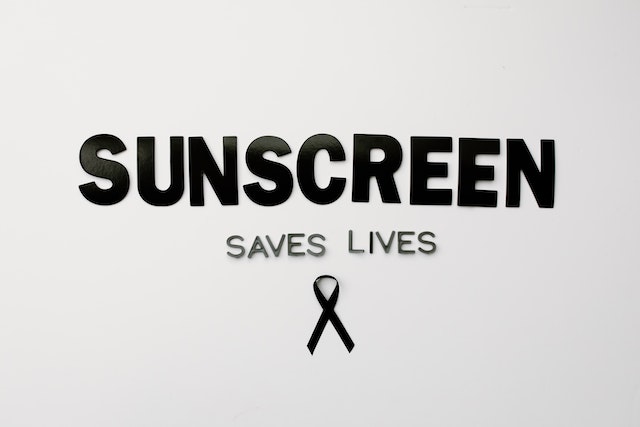Have you recently been diagnosed with skin cancer? Both Mohs surgery and excision surgery are popular treatment options. However, which one is right for you? Is Mohs surgery better than excision for skin cancer in Maryland? Today’s blog post has the answer.
What is Mohs Surgery?
Invented in the 1930s by Frederic Mohs, Mohs surgery is used to treat all skin cancers in the head and neck region. Specifically, it is the treatment of choice for many basal cell carcinomas and squamous cell carcinomas.
How Does Mohs Surgery Work?
Mohs surgery is conducted by drawing marks around the skin lesion and injecting local anesthesia. Using a scalpel, the surgeon will remove a thin layer of cancerous tissue and examine it under a microscope. If they find cancer cells, the doctor will remove additional tissue from the location of the cells. This process is repeated until the edges of the last excised tissue are cancer-free.
So, is Mohs surgery better than excision for skin care in Maryland? Keep reading to find out.
The Difference Between Mohs Surgery and Excisional Surgery
A significant difference between Mohs surgery and excisional surgery is that Mohs is conducted in stages and its results are immediate. While routine excisional surgery requires sending the tissue sample to the lab for analysis, the results of Mohs surgery are obtained on-site.
Is Mohs Surgery Better Than Excision for Skin Cancer in Maryland?
Is Mohs surgery better than excision for skin care in Maryland? Well, it depends. Mohs surgery conserves the greatest amount of healthy tissue, which leaves the smallest scar possible. It also is incredibly effective and boasts a high cure rate. However, if your carcinoma is relatively small and remains on the top layers of skin, excision surgery might be a better option.
If you’re unsure what skin cancer treatment is right for you, stop by Cronin Dermatology and Skin Cancer Center. Dr. Hyland Cronin completed a fellowship in Mohs Micrographic Surgery, and she possesses the skills and experience necessary to answer any and all of your questions.
If you or a loved one has skin cancer, our team is here to guide you through the treatment process. Contact us today.

